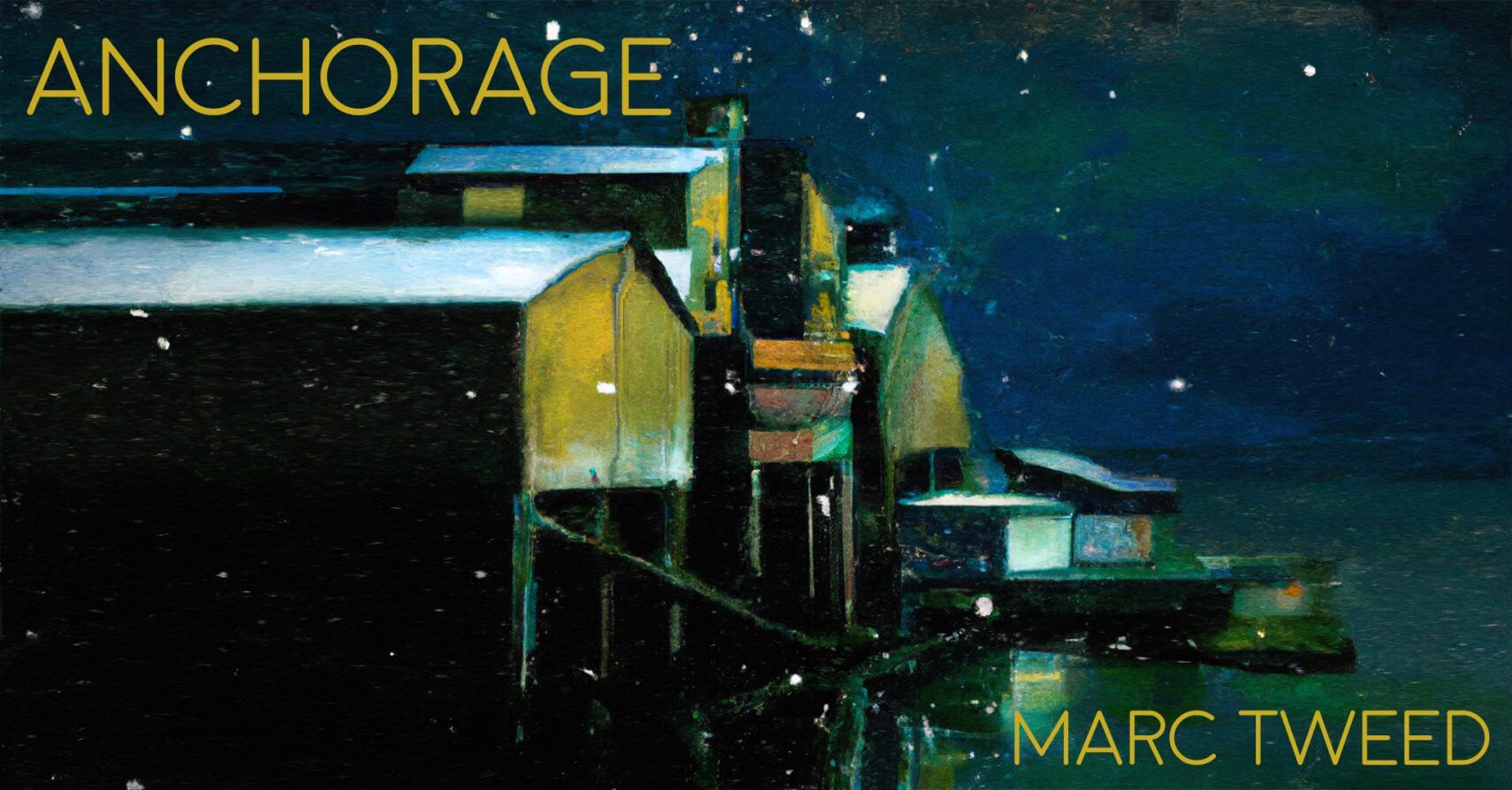The Boss asked me why does this keep happening, Hans? Is it your nerves? He pointed at my padlocked mouth as if it were a room full of little wild-eyed animals he wanted to squeeze too hard. Whatever’s in there, Hans, let it out, he trilled through frozen dentures for the millionth time. Above us, the cannery ceiling groaned under another—Dear God!—another cathedral’s worth of snow.
Go ahead, he singsonged.
I imagined him pressing a key fob against my ear or pointing at me with a remote control.
The Boss: his voice as light and airy as a puff pastry, his face an avalanche of disappointment. For my most recent infraction, he was of course expecting another shame-shouldered förlåt to stuff and mount on the cinder block wall of his cold little office, to admire during phone calls while he paced back and forth, back and forth, his lilting voice scolding every manner of nearly-cardboard human being within a satellite’s reach.
A hummingbird’s tongue.
That’s the Way of the Boss. That’s the Way of the Boss!
Well, fuck.
I motioned to him in a way that suggested I had no idea. I was in position, though, ready to do it all over again, to drown in the Arctic depths of my doubt—to fall to the floor, clutch my knees to my chest and breathlessly cry, The mackerel! The herring!
Safety lights flashed. The Boss shook his arms at me and down I went.
Anchorage: I couldn’t get the hang of it.
It won’t stop SNOWING!
Why did I keep pulling the wrong lever, ignoring alarms, running afoul of any semblance of dependability? I had no idea. All I knew was that the way I arrived at the cannery every day—through a gauntlet of one-story buildings emblazoned with words like concrete and transport and welders—gave me bruises in places I’d never even remotely identified as being connected to my body.
I wished I’d never answered the ad, Alaska Maritime Specialties seeks seasonal workers. Now, in fact, how many seasons had I been there, rearranged into someone who was apparently done grabbing onto anything but the frostiest morsels of chance?
The whole city was designed to freeze me in place, prevent me from drifting away as I’d done time and again from so many other people and places. Before Alaska, I’d always resisted disintegrating or otherwise coming loose from myself. Before Alaska, I went where I pleased, did the Bus Stop, the Hustle, and other disco dances for the viewing pleasure of no one but myself. But Alaska had me backed into a corner. Alaska: where there always seems to be a blizzard slowing everyone’s blood to a crawl. Where the mirrors and flashing lights were instruments of oppression instead of Hot Child in the City, and night clubs were heavy and hard and came at you in the dark in your dreams.
The Boss stood over me, waiting.
The förlåt: whatever was in my mouth then marched forth, at first a little unevenly, then fully inflamed.
The Boss received my apology like he’d received all others: with an airy contempt, one hand stroking his beard and the other pressed to the back of his neck. All around us, other machine operators began collapsing to the floor in the cadence of a heavy rain. I was reminded of gulls electrocuted midair, piling up along a shoreline.
Their groans intertwined and their hands clawed at the air for something fixed.
We were all anchored to something, it turned out—something that pulled us farther and farther down into the slush and murk until all we could do was braid apologies together into a rope we used not to climb out, but to trip over.
The Boss looked around at the lost profits and sucked his forked tongue.

